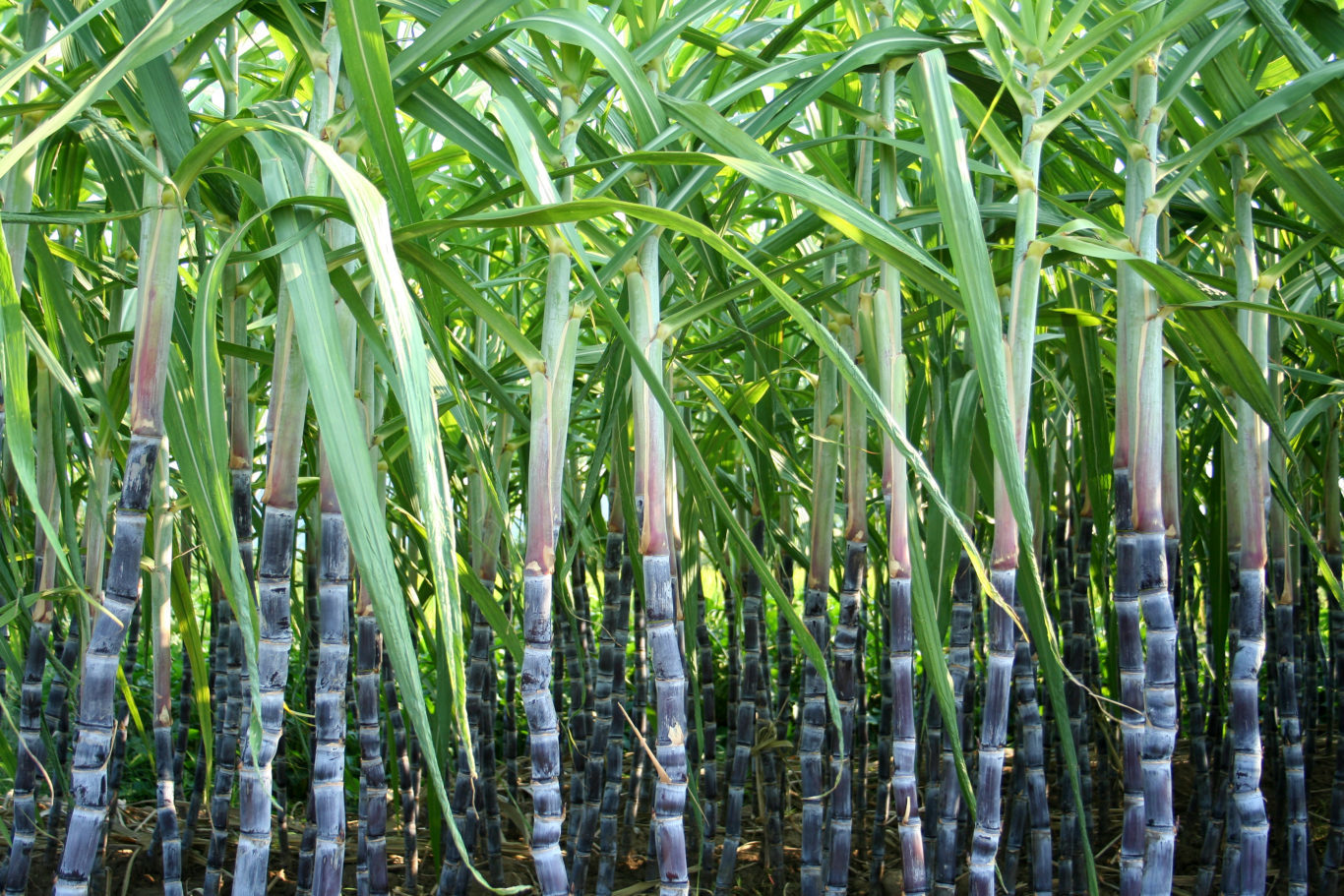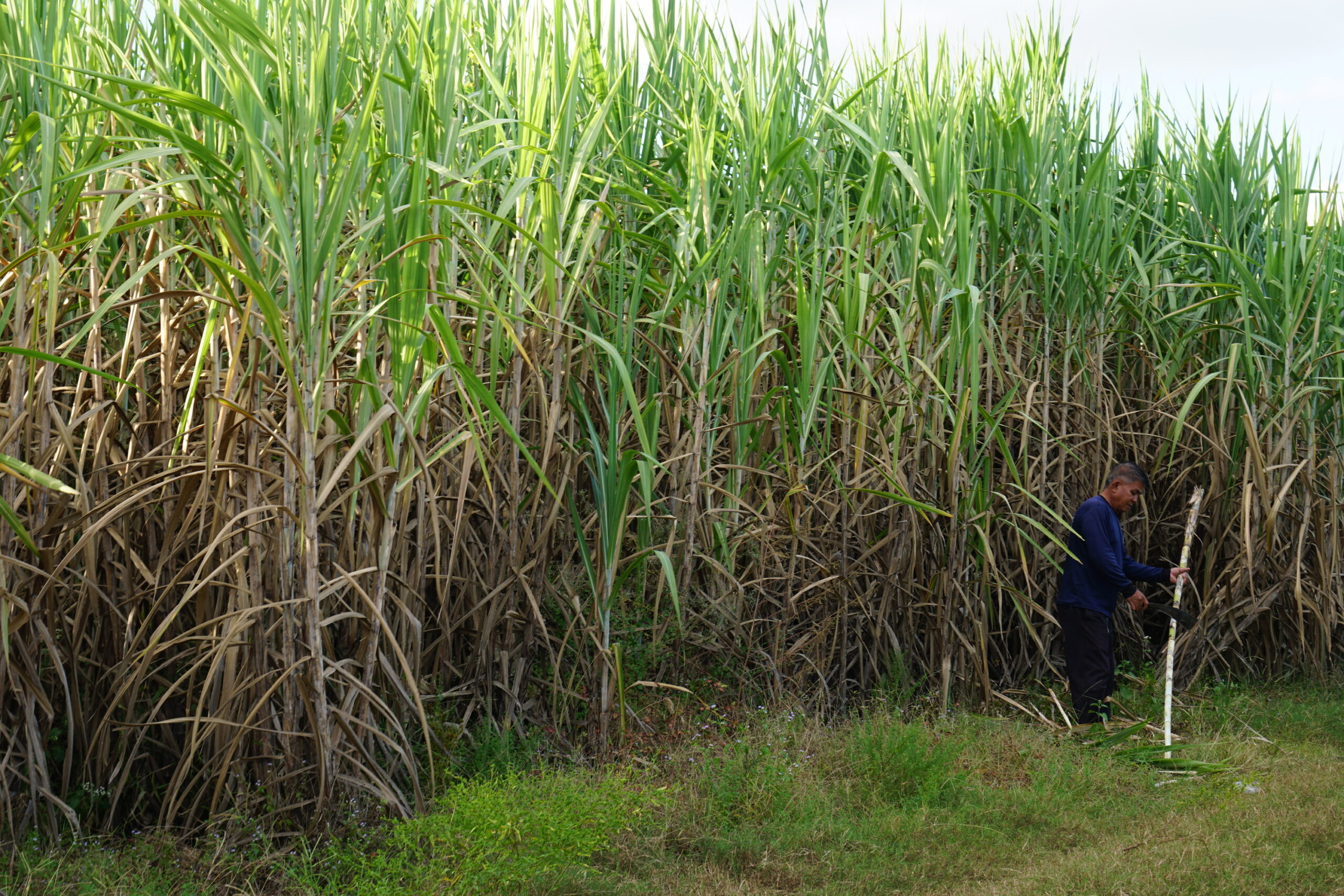Sugar and Cane: A Sweet Pairing in Health-Conscious Recipes
Sugar and Cane: A Sweet Pairing in Health-Conscious Recipes
Blog Article
Why Cane Sugar Handling Chemicals Are Vital for Modern Sugar Refining
The function of cane sugar processing chemicals in contemporary sugar refining can not be overemphasized, as they are indispensable to enhancing both the effectiveness of removal and the general high quality of the last product. Agents such as phosphoric acid and particular flocculants are utilized to get rid of impurities, resulting in sugar that not only meets consumer assumptions however also sticks to market standards.
Role of Processing Chemicals
The efficiency of walking cane sugar handling hinges considerably on the calculated application of handling chemicals. These chemicals play a critical duty in improving the effectiveness and high quality of sugar removal and refining. From the first stages of juice extraction to the last filtration steps, handling chemicals promote various important operations.
In the extraction stage, chemicals such as phosphoric acid and calcium hydroxide are utilized to enhance the explanation process, helping to eliminate impurities and suspended solids from the cane juice. This not just enhances the return however likewise makes sure the clarity of the end product. Additionally, representatives like flocculants help in the quick settling of contaminations, consequently improving the overall process.
As the handling advancements, chemicals are made use of in decolorization and formation phases. Triggered carbon and ion exchange resins serve to eliminate shade and odor, making sure that the polished sugar satisfies consumer top quality standards. Eventually, the role of handling chemicals expands past functional effectiveness; they substantially influence the sensory features of the last product, contributing to market competition. Therefore, the meticulous choice and application of these chemicals are essential for attaining ideal end results in walking cane sugar handling.
Trick Types of Chemicals
Cane sugar handling relies upon a variety of crucial chemicals that help with each stage of manufacturing. These chemicals play essential duties in clarifying, whitening, and cleansing the sugar extracted from cane.
One key group of chemicals includes flocculants, such as polyacrylamide, which help in the explanation process by advertising the gathering and settling of impurities. Additionally, calcium hydroxide is usually used to counteract acidity and assist in the removal of non-sugar parts.
Lightening agents, such as activated carbon and sulfur dioxide, are used to decolorize the syrup, causing a clearer final item. These chemicals assist remove color compounds that might influence the sugar's appearance and marketability.
Moreover, phosphoric acid offers as a pH regulator throughout the processing stages, making certain optimum conditions for the chemical activities entailed in sugar removal and purification.
Other essential representatives consist of edta (ethylenediaminetetraacetic acid), which chelates metal ions that can militarize undesirable responses, and salt hydroxide, which helps in pH control throughout the refining process. Jointly, these chemicals enhance effectiveness and guarantee a premium cane sugar product.
Advantages for Sugar Top Quality
Commonly overlooked, making use of details handling chemicals dramatically improves the general quality of cane sugar. These chemicals play a crucial role in refining procedures, guaranteeing that the end product fulfills strict industry criteria for pureness and preference.

Additionally, processing chemicals help in attaining a consistent granulation and appearance, which are vital for consumer acceptance. By managing the formation process, these chemicals ensure that the sugar crystals develop uniformly, bring about a more attractive product that dissolves well in various applications.
In addition, making use of these chemicals can improve the rack life of cane sugar by reducing wetness absorption and microbial development. Generally, the calculated application of handling chemicals is important for delivering high-quality cane sugar that meets customer expectations and market needs.
Environmental Influence Considerations
Moreover, the energy-intensive nature of sugar refining, compounded by chemical usage, usually leads to increased carbon emissions. This contributes to climate modification and raises problems concerning the sustainability of present refining practices. Furthermore, the sourcing of these chemicals may entail techniques that intimidate biodiversity, such as monoculture farming, which reduces the durability of farming environments.

To alleviate these effects, sugar refiners are increasingly exploring lasting choices and taking on ideal methods that lessen chemical use. Applying extensive ecological administration systems can help ensure that the refining process this article straightens with ecological standards and advertises biodiversity. Eventually, a balanced method that focuses on both sugar high quality and environmental stewardship is important for the long-term practicality of the sugar sector.
Future Trends in Refining
As the sugar market grapples with the environmental difficulties related to traditional refining approaches, ingenious methods are emerging to boost both effectiveness and sustainability. One significant fad is the adoption of green chemistry principles, which focus on using non-toxic, eco-friendly processing chemicals. This change not only reduces environmental influence however additionally addresses view it now consumer demand for cleaner manufacturing techniques.
An additional encouraging development is the implementation of sophisticated filtration technologies, such as membrane separation and adsorption processes. These techniques boost the clarity and high quality of the sugar while reducing the volume of wastewater created during refining. Additionally, the assimilation of electronic modern technologies, consisting of IoT and AI, is changing functional effectiveness by enabling real-time surveillance and anticipating upkeep, thus lessening resource waste.
Moreover, the use of by-products from sugar refining, such as bagasse and molasses, is acquiring traction. These products can be exchanged biofuels or value-added products, adding to a circular economic climate within the sector. Jointly, these fads signify a shift in the direction of more sustainable techniques that not only boost operational performance but also line up with global sustainability goals, ensuring the future viability of sugar refining.
Conclusion
Cane sugar processing chemicals are essential in contemporary sugar refining, dramatically enhancing the effectiveness and quality of sugar extraction. The calculated use great site these chemicals not just enhances the purity and flavor of the end product yet also ensures constant crystallization and structure. As the market progressively prioritizes sustainability, the fostering of environmentally-friendly handling agents is most likely to shape future trends in refining, ultimately bring about better products and extended shelf life for customers.

Eventually, a balanced strategy that prioritizes both sugar quality and ecological stewardship is vital for the long-term viability of the sugar sector.
Cane sugar handling chemicals are vital in modern-day sugar refining, considerably improving the effectiveness and top quality of sugar removal.
Report this page